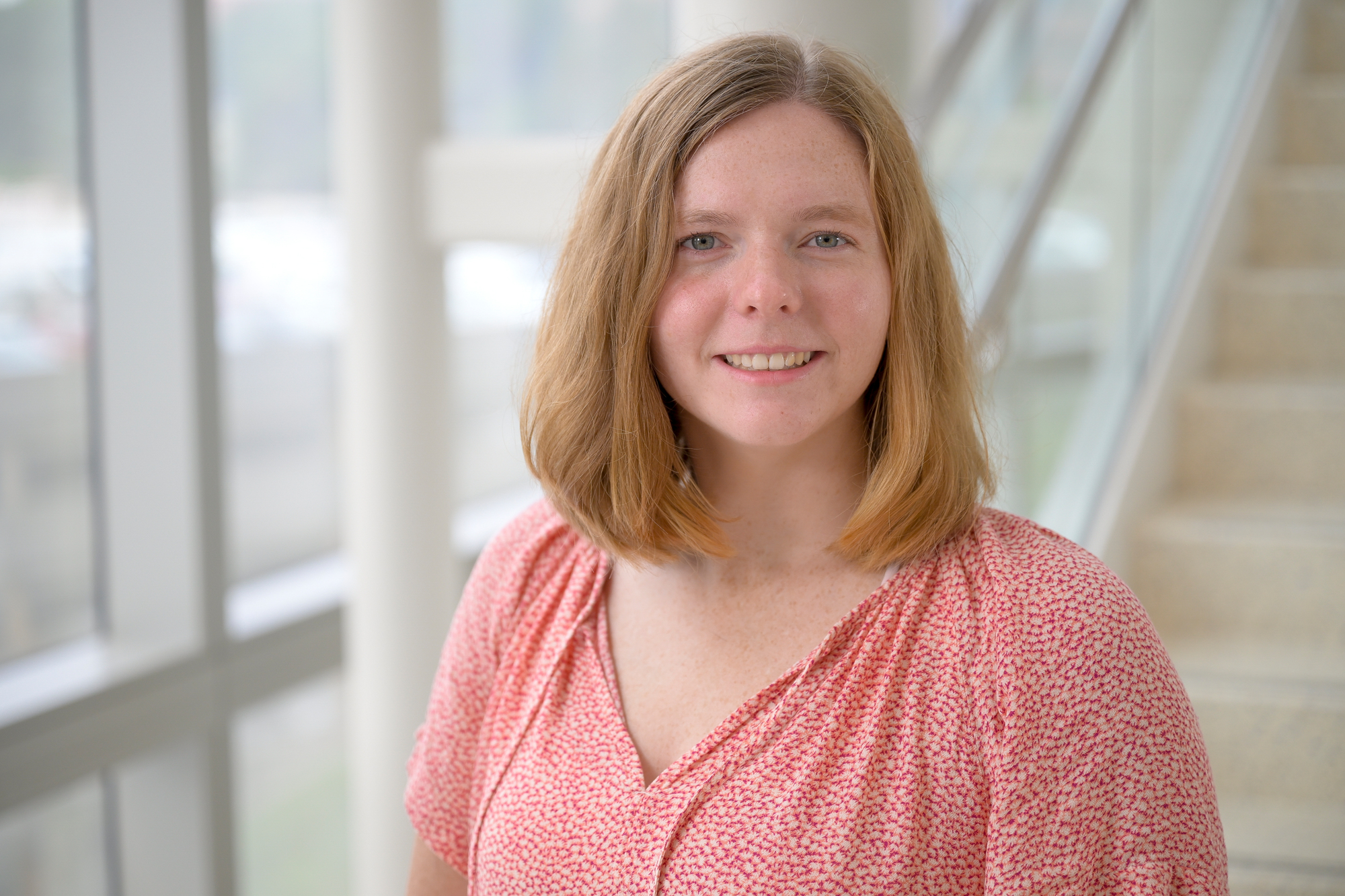Jessica Peura, MS, Cancer Biology Program
“If we could take two months to model a disease as opposed to three months or four months, that could be a huge game changer.”

PhD candidate Jessica Peura, MS, studies pancreatic cancer in the lab of Jason Pitarresi, PhD, assistant professor of medicine.
“I'm motivated by the translational aspects of science and really focused on wanting to help patients,” said Peura, a student in UMass Chan’s Cancer Biology Program.
Peura’s mother died of leiomyosarcoma, a rare cancer that can grow in the intestines, stomach, bladder and blood vessels.
“There was not much research at the time when she was diagnosed,” Peura said. “I want to make sure that patients and their families don’t have to go through the same thing.”
In the Pitarresi lab, Peura is working on deleting a specific gene in a pancreatic cancer mouse model.
Because pancreatic cancer is generally caught late, prompt treatment is essential.
“Pancreatic cancer patients are not typically diagnosed until they already have metastatic disease. The mouse models that are widely used in the field are rarely metastatic,” said Peura. “I am looking to create a more realistic mouse model. If we could take two months to model a disease as opposed to three months or four months, that could be a huge game changer.”
From an early age growing up in Richmond, Vermont, Peura was a creative problem solver who was always eager to know how things worked from the inside out. Peura said her father was a huge inspiration for her interest in science.
“My dad was an aerospace engineer for a while. When we would be on an airplane, I would say, ‘Tell me how the engine works.’ I really got interested in science in the seventh grade when I realized it was a subject that really challenged me.”
Peura completed an accelerated master’s degree program in bioengineering from Northeastern University after earning her bachelor’s degree from there. Her first co-op was at Pfizer, where she worked to create monoclonal antibodies and optimize the selection of cell lines. She completed a second co-op at Fulcrum Therapeutics. While she recognized both companies’ patient-focused work, Peura applied to graduate school to focus on diseases often overlooked by the biotech industry.
When Peura searched for a PhD program, she feared that the lab environment would be competitive or cutthroat. Then she interviewed at UMass Chan.
"While everyone was proud of the work their lab was doing, everyone talked about how closely they worked with other labs. It was super collaborative. Everyone just seemed to love being here,” said Peura.
